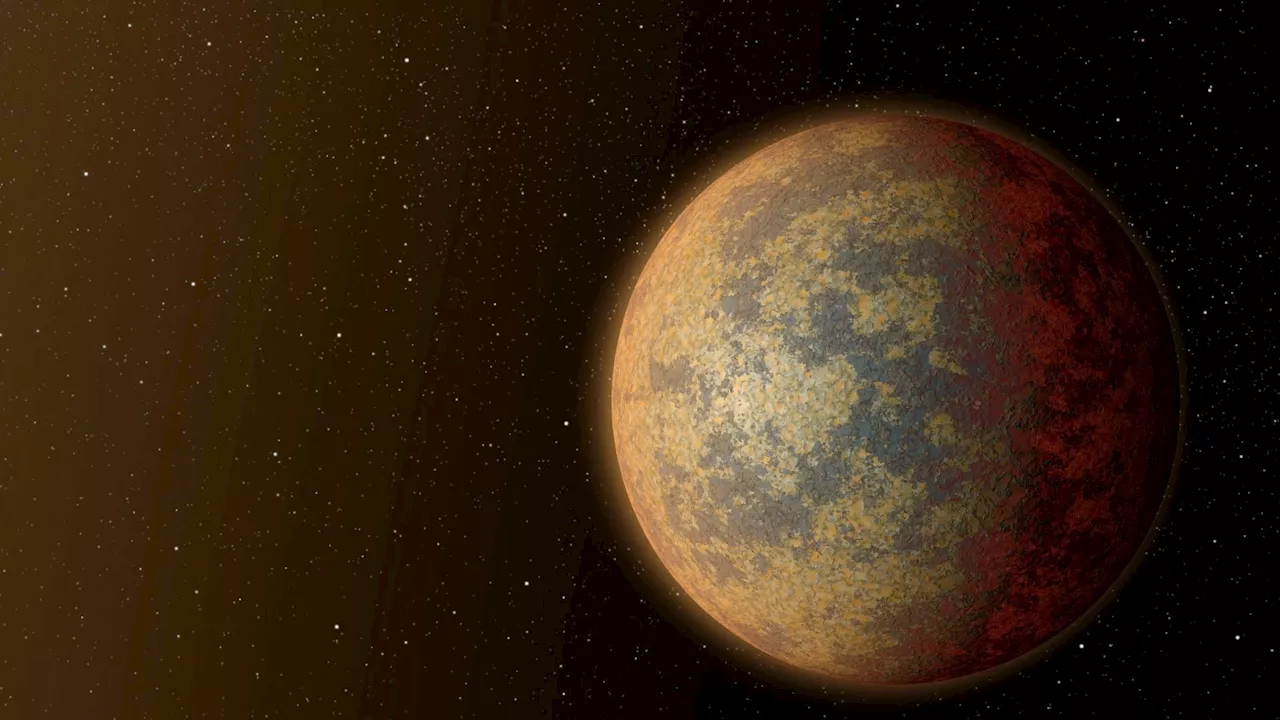New research suggests that the oldest continents in our galaxy may have formed 5 billion years before Earth, indicating the possibility of alien species more evolved than our own in the Milky Way.
New research has found that the oldest continents in our galaxy may have formed 5 billion years before Earth, implying that other worlds in the Milky Way may harbor alien species much more evolved than our own. The study, led by Jane Greaves, an astronomer at Cardiff University, throws open the possibility of discovering rocky exoplanets with continents, given that neighboring Sun-like stars have already created a few potential hosts.
Plate tectonics, the movement of rock plates that float above a planet's molten interior, causes continents to develop. The heat from a planet's core prevents magma from solidifying and immobilizing continents. That heat is produced by radioactive substances in the planet's core, such as uranium-238, thorium-232, and potassium-40, which emit energy as they decay, according to LiveScience
Continents Milky Way Alien Species Evolution Research
United States Latest News, United States Headlines
Similar News:You can also read news stories similar to this one that we have collected from other news sources.
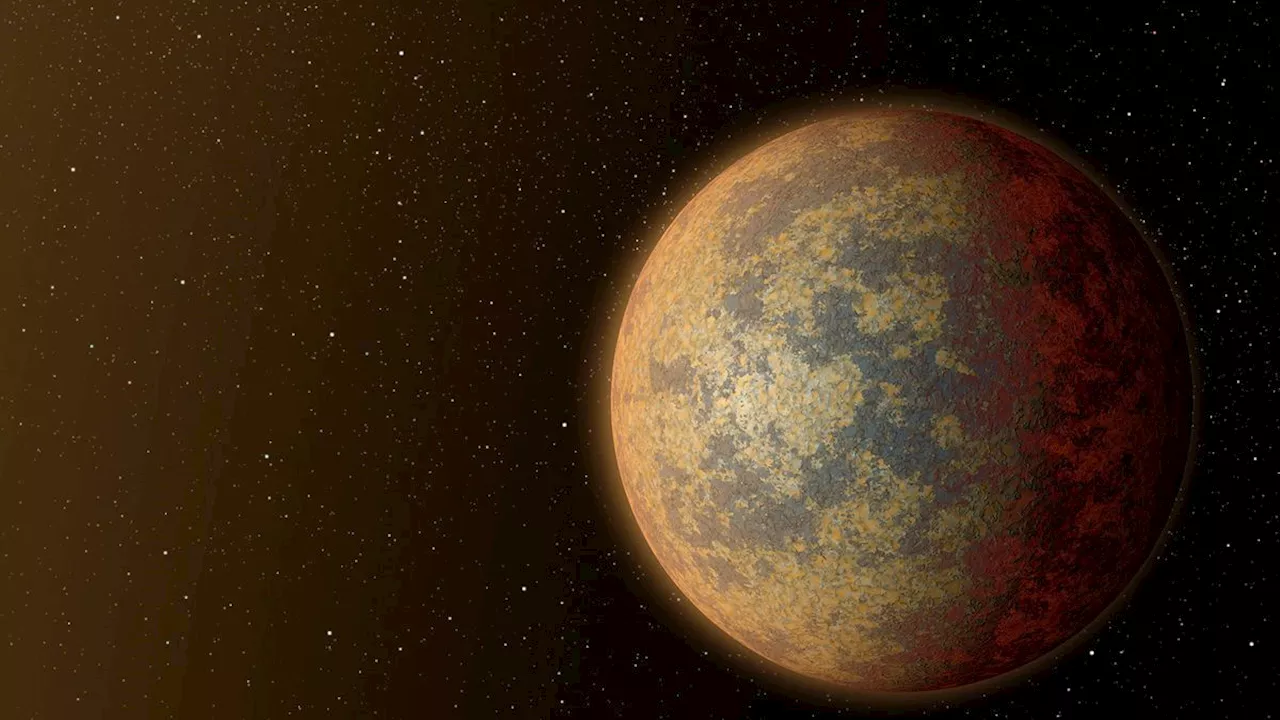 The oldest continents in the Milky Way may be 5 billion years older than Earth'sBriley Lewis (she/her) is a freelance science writer and Ph.D. Candidate/NSF Fellow at the University of California, Los Angeles studying Astronomy & Astrophysics. Follow her on Twitter briles_34 or visit her website www.briley-lewis.com.
The oldest continents in the Milky Way may be 5 billion years older than Earth'sBriley Lewis (she/her) is a freelance science writer and Ph.D. Candidate/NSF Fellow at the University of California, Los Angeles studying Astronomy & Astrophysics. Follow her on Twitter briles_34 or visit her website www.briley-lewis.com.
Read more »
 Cleveland doctor known as world’s oldest doctor might also be world’s oldest Swiftie'I’m hoping now that (Travis Kelce) and I are in the same fraternity, he will manage to get me the autograph of his lady, Taylor Swift,' Howard Tucker said at his recent induction into the Cleveland Heights High School Distinguished Alumni Hall of Fame.
Cleveland doctor known as world’s oldest doctor might also be world’s oldest Swiftie'I’m hoping now that (Travis Kelce) and I are in the same fraternity, he will manage to get me the autograph of his lady, Taylor Swift,' Howard Tucker said at his recent induction into the Cleveland Heights High School Distinguished Alumni Hall of Fame.
Read more »
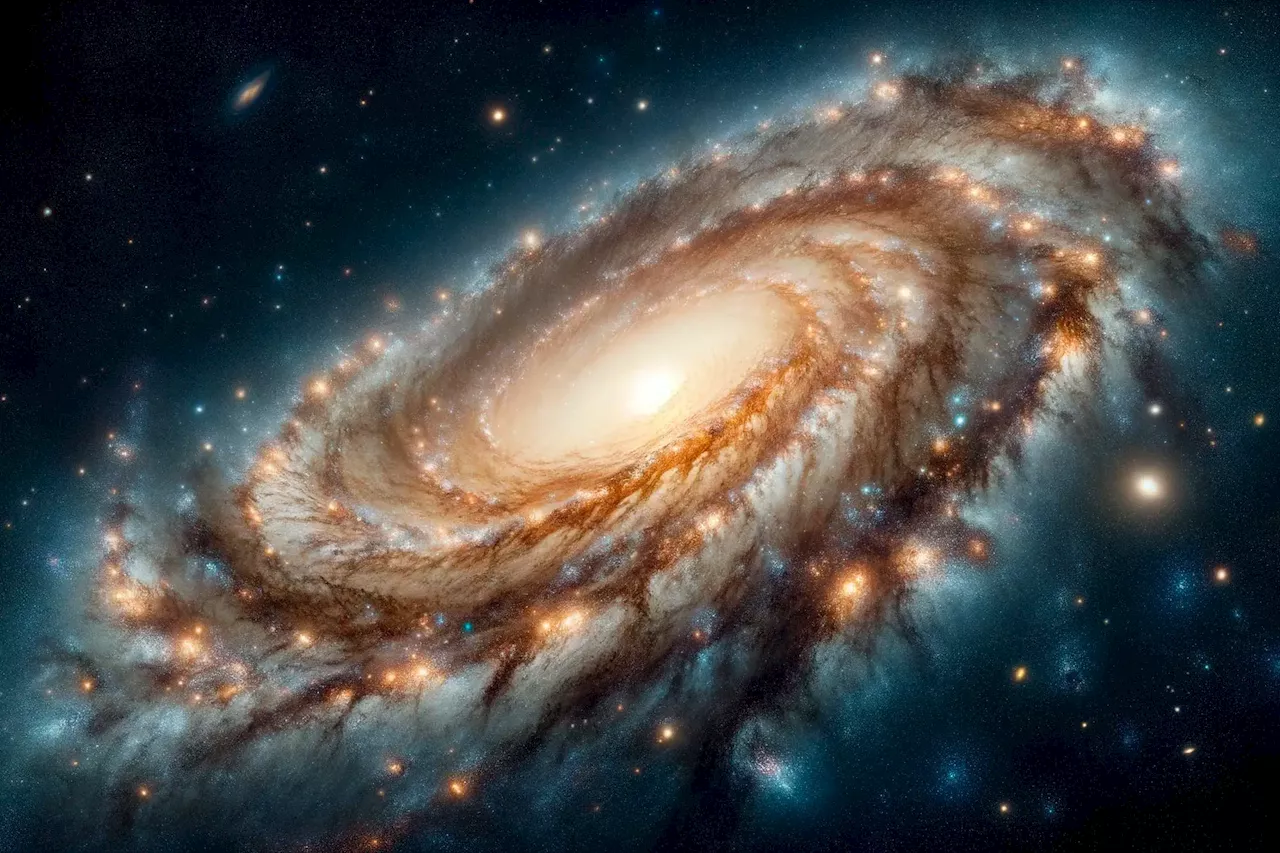 Microlensing Magic: How NASA’s Roman Telescope Will Illuminate the Milky Way’s MysteriesScience, Space and Technology News 2023
Microlensing Magic: How NASA’s Roman Telescope Will Illuminate the Milky Way’s MysteriesScience, Space and Technology News 2023
Read more »
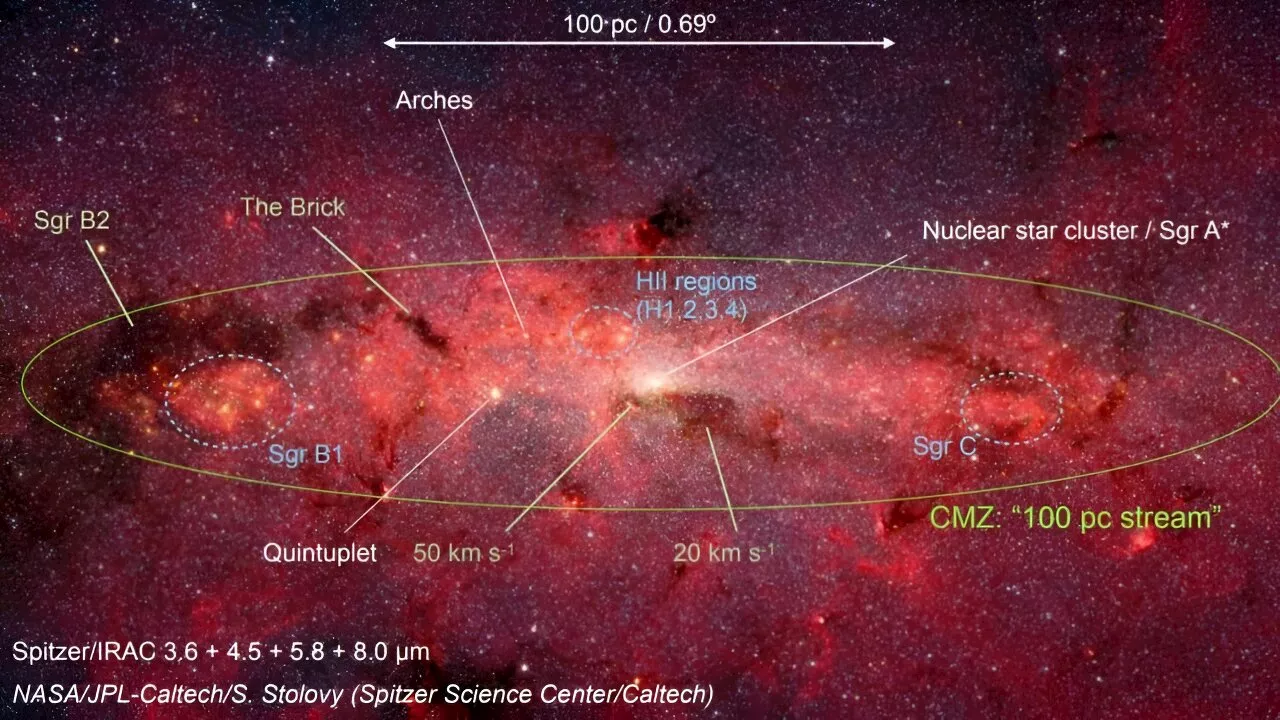 Astronomers want JWST to study the Milky Way core for hundreds of hoursTo understand the universe, we need to understand the extreme processes that shape it and drive its evolution. Things like supermassive black holes (SMBHs,) supernovae, massive reservoirs of dense gas, and crowds of stars both on and off the main sequence.
Astronomers want JWST to study the Milky Way core for hundreds of hoursTo understand the universe, we need to understand the extreme processes that shape it and drive its evolution. Things like supermassive black holes (SMBHs,) supernovae, massive reservoirs of dense gas, and crowds of stars both on and off the main sequence.
Read more »
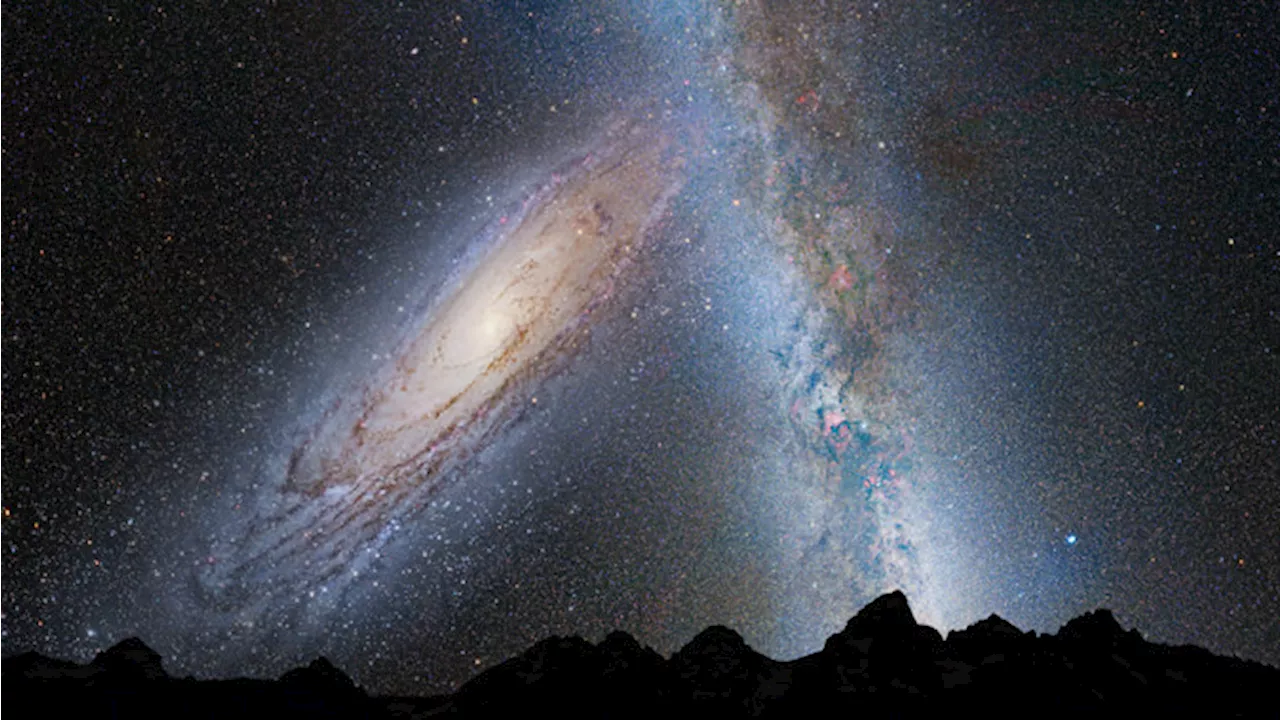 It's Inevitable: Milky Way, Andromeda Galaxy Heading for CollisionSpace and astronomy news
It's Inevitable: Milky Way, Andromeda Galaxy Heading for CollisionSpace and astronomy news
Read more »
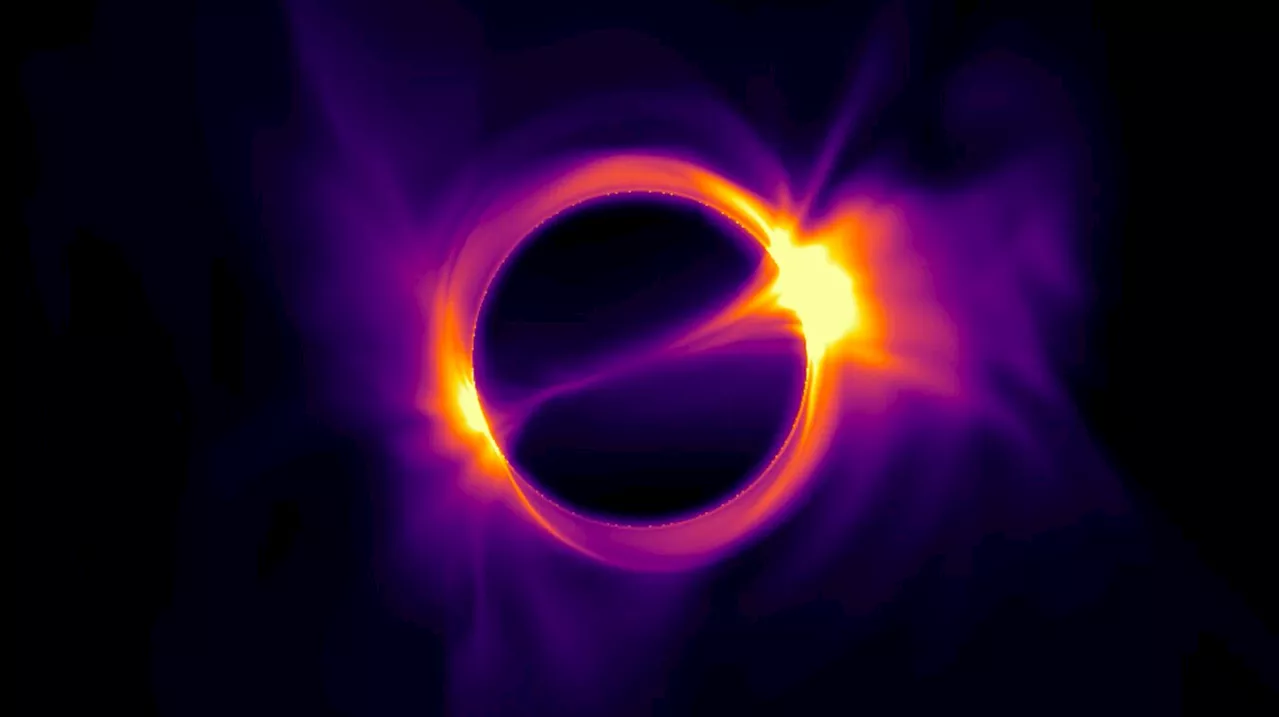 The Milky Way's Black Hole is Spinning as Fast as it CanSpace and astronomy news
The Milky Way's Black Hole is Spinning as Fast as it CanSpace and astronomy news
Read more »
